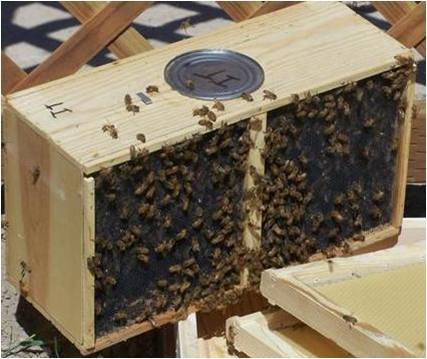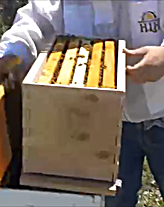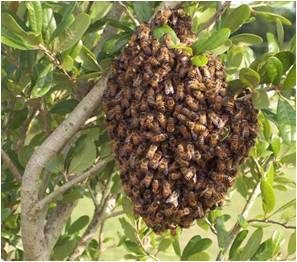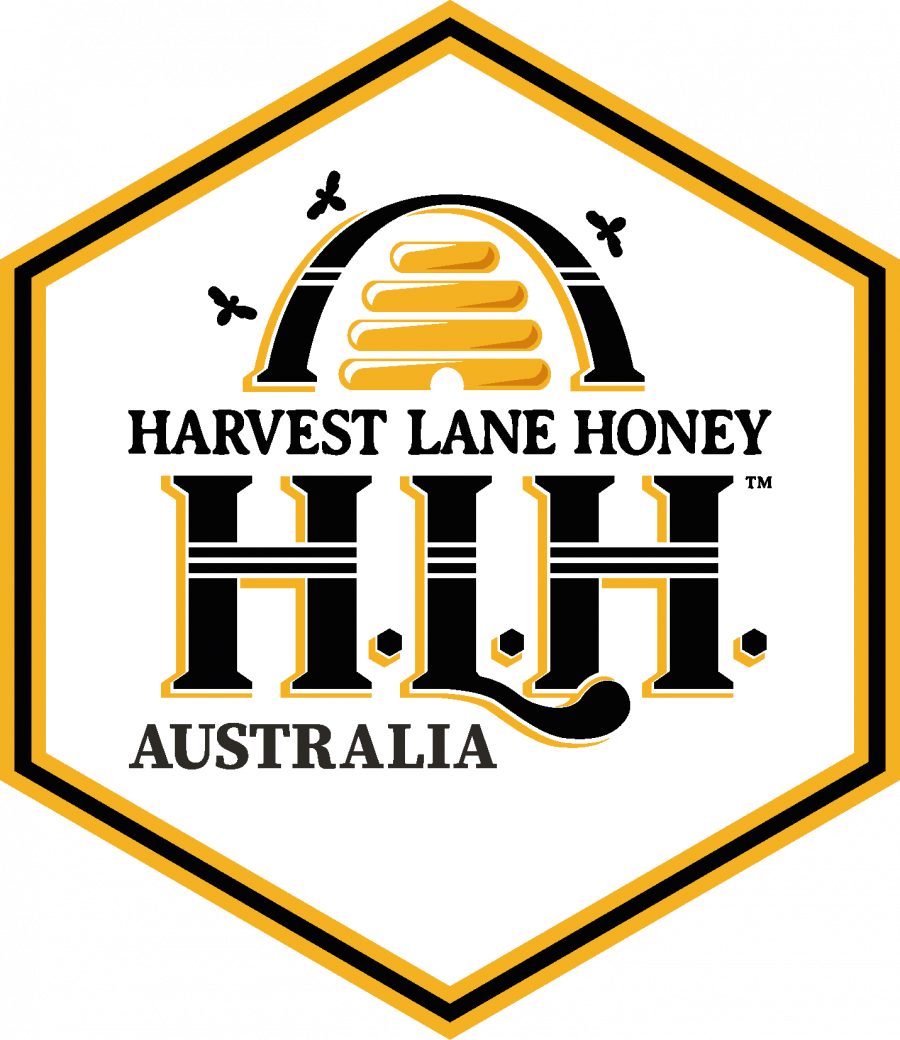Swarms are cluster of bees that have been part of an existing hive. Swarms like the one seen above are usually seen during the Spring time as the hive is building up, and can be found anywhere. These are a great way to get bees because they are free. Check with local governments and pest control agencies to be put on their swarm lists.

Getting bees for your hive
One of the biggest questions when getting into beekeeping is how do I get bees for my hive?
Bees are delicate creatures, yet it is possible to purchase them through the mail. When looking to buy bees to start your hive, it is advisable to find one that is as close to your location as possible and make sure they are experienced with shipping bees if they are not close enough to you for a local pickup or deliver.
Typical times to purchase bees is in the spring.
We’ll cover below the 3 most common ways to get bees for your new hive:

PACKAGED BEES
Sold in measurement of pounds. Typically 3 pounds of bees is the standard in the industry. Packaged bees should come with 3# of bees, 1 mated queen, & 1 feeding supplement. Its important to remember that packaged bees are very vulnerable and need to be transported and moved to their new home quickly. Packaged bees should stay in a cool well ventilated area until install. We recommend within 24 hours.
Packaged bees are generally sold by retailers, make sure and check out our list of HLH authorized retailers of packaged bees.

NUCLEUS (NUC)
Sold in measurement of how many frames are included. Industry standard is 5 frames as seen above. 3 Frames with brood and 2 frames of honey, along with a mated and laying queen. Bees that are in a Nuc are from existing hives that have usually overwintered. Area beekeepers are usually found selling Nucs in your local area. Bees in Nucs can overheat, consider this when transporting. Never transport a Nuc in a closed off container like a plastic container. Keep Nucs out of direct sunlight and monitor the temperature they are in if they are in a closed off Nuc.

